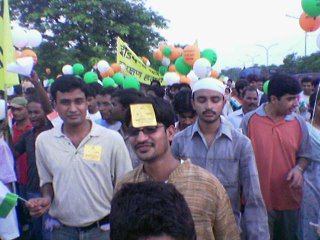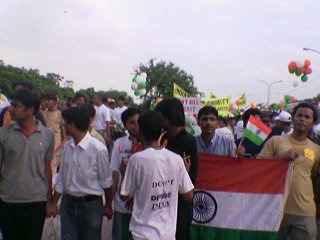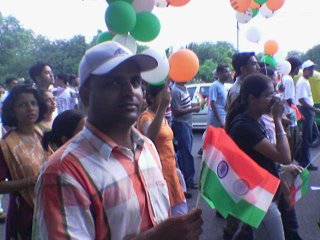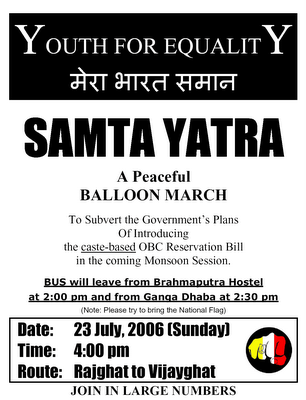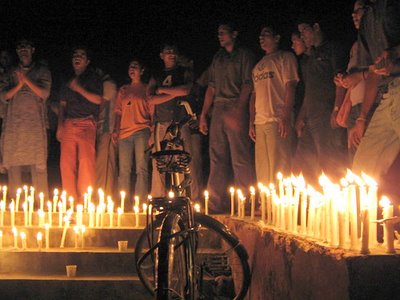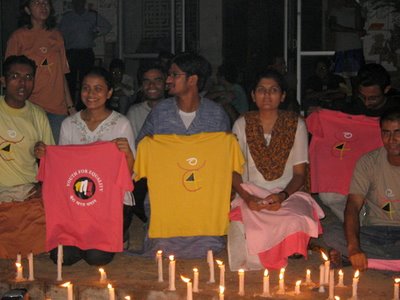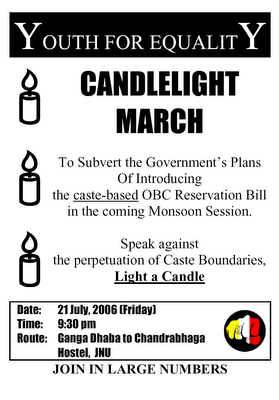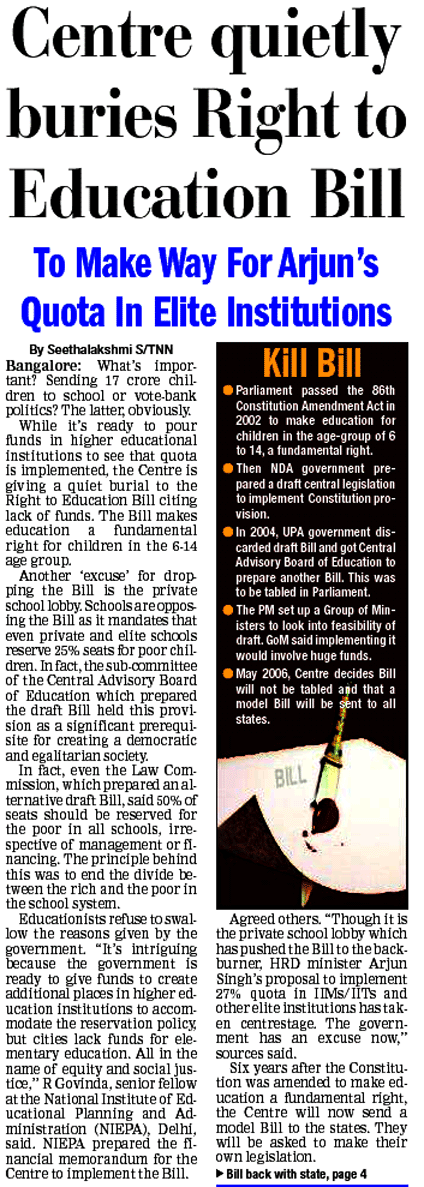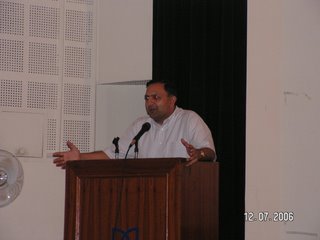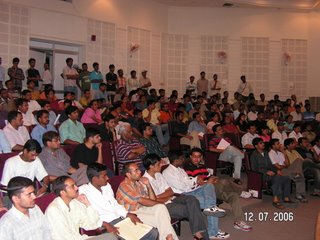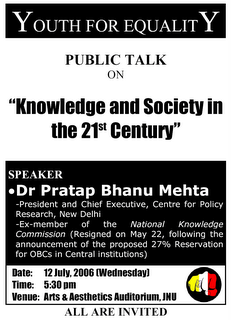Donate Generously
Youth for Equality, JNU Chapter has always maintained that the proposed OBC Reservation Policy is only a vote-bank gimmick aimed at dividing the student community and increasing the differences within the society. YFE-JNU has continued its struggle against the irrational policies of the Government. Our 33 days of Hunger Strike has gone down the pages of history as a symbolic of Youth Power. We have continued holding Candlelight Marches, Public Talks, Mass Mobilisation Programmes and Rural Contact Programmes to raise awareness about the pernicious and divisive policies of caste-based reservation that only help reinstate caste-barriers!!
We need your help and encouragement in fighting for the noble cause. Please send your suggestions/ ideas to y4ejnu@gmail.com
(1) To contribute by cheque/DD(*), make it payable in New Delhi to YOUTH FOR EQUALITY, JNU CHAPTER.
(2) Direct Transfer to our Bank Account- YOUTH FOR EQUALITY, JNU CHAPTER (Account No. 4152 [Savings Bank Account], Corporation Bank, Vasant Vihar, New Delhi)
(3) To contribute funds by cash payment you can contact us at y4ejnu@gmail.com(#) or (011)-26179751 (ask for Ms Manpreet).
(*) Cheques/DDs may be dropped either in any Corporation Bank ATM Centre/ Cheque Collection Centre with the Bank Account details included (given in point 2 above), or post-mailed/couriered to Youth for Equality (JNU Chapter) c/o Prof Rakesh Bhatnagar, Lab No. 122, Centre for Biotechnology, Jawaharlal Nehru University, New Delhi 110067.
(#) If you contact us by email for fund-contribution, please include "FUNDS" in the Subject line.


